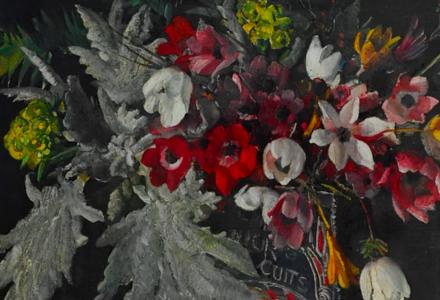The Australian Flying Corps celebrated Christmas at Bickendorf in 1918. Air Mechanic Tim Tovell noticed an unexpected guest sneaking through the crowd. A child had drifted in from the night, hoping for food, warmth and comfort
The boy went by the name of Henri and Tovell guessed he was around eleven years of age. But it was impossible to know for certain. Years of fear, hunger, and loneliness had had a drastic effect on the war orphan’s size and development. Tim Tovell had young children of his own at home in Queensland and immediately took on a guardianship of Henri. He could hardly abandon Henri and decided to smuggle the young waif back to Australia.
Although Australia had some of the most restrictive immigration policies in the world, the authorities made an exception of the Flying Corp’s ‘mascot’. Henri was granted entry to Australia and adopted by the Tovell family. In time, the lad grew to a man and made a valuable contribution to the country that welcomed him—he began training as a mechanic with the Royal Australian Air Force. Tragically though, Henri was killed in 1926 in a traffic accident.
The Tovell story shows the role veterans, the services, and the wider community can play in healing the wounds of war. The decision to welcome a refugee signalled tolerance and compassion—a marked contrast to the xenophobic and insular society post-war Australia became.



